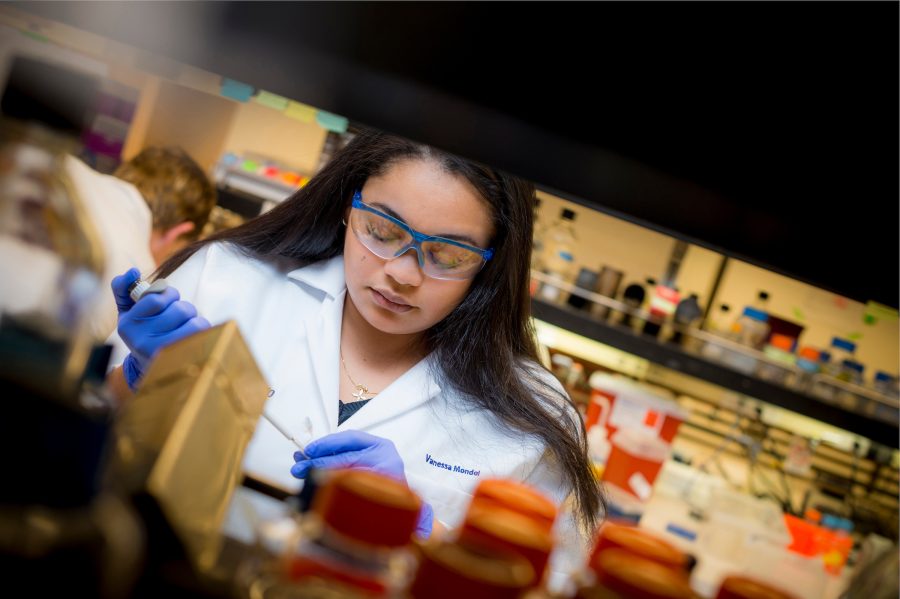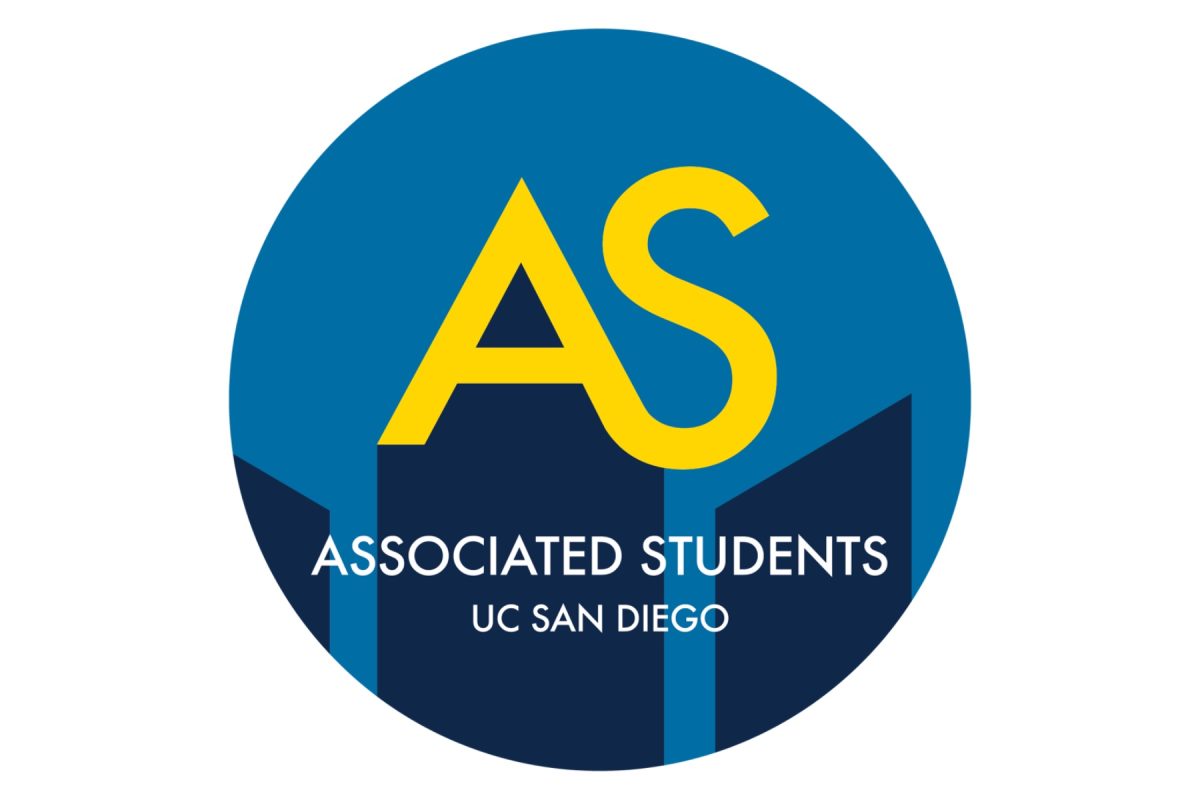UC San Diego officially launched the Student Success Center on Tuesday, Feb. 4, 2020, which aims to prepare and aid minority students in their professional careers in the Science, Technology, Engineering, and Mathematics field. Embedded within the Division of Physical Sciences, the Center was established with the goal of achieving UCSD’s equity, diversity, and inclusion principles.
The Center funds various STEM-related student organizations and brings them together to connect with one another to encourage cross-campus collaboration. It also works to increase visibility and lower barriers for student organizations to function, as well as provide aid to students through mentoring and internship opportunities for professional development.
In an interview with The UCSD Guardian, Director of the Student Success Center Franklin Garrett said that the Center is crucial in guiding students, especially those from minority backgrounds, to the campus resources they need to succeed.
“It’s almost like information overload when you come to campus, there’s a bunch of different resource centers, there’s a bunch of different programs for students, but students get overwhelmed with all that they have,” Garrett said. “I think that [the Center] impacts student success because there’s so much research on how sense of belonging impacts your academic abilities. For example, if you’re a woman in STEM, something as easy as having a study group is hard to do when there’s not a lot of other people who look like you or come from a similar background, so whatever we can do to increase the campus climate to support these students, I think it’ll have a big impact on academic success.”
Other recent initiatives that align with UCSD’s EDI values include the recent re-establishment of a campus chapter of the Society for Advancement of Chicanos/Hispanics and Native Americans in Science. According to its website, the nationwide organization is an inclusive organization dedicated to fostering the success of Chicano/Hispanic and Native American undergraduate and graduate college students as well as working professionals in attaining advanced degrees, careers, and positions of leadership in STEM.
UCSD’s SACNAS chapter’s status was inactive until March 2020, when it achieved campus recognition through the efforts of a faculty planning committee and student leaders. According to a press release by the UCSD News Center, the faculty committee consisted of Franklin Garrett, director of programs and operations of the Student Success Center, Edgar Beas and Sinai Cota from the Graduate Division, Olivia Molinar-Inglis from the Department of Pharmacology, and Beto Vasquez from CREATE.
According to Marlenne Valesquez, the undergraduate president of SACNAS at UCSD, and one of the founding members of the chapter, the re-establishment planning started in November 2019.
“[The faculty planning committee] reached out to us and held an info session, which I and many other undergraduate, especially underrepresented minority, students attended,” Valesquez said. “SACNAS at UCSD is actually very new still, we’re still trying to spread the word around. That’s kind of how the re-establishment took place.”
When asked about the significance of re-establishing the chapter, Analine Aguayo, the graduate president of SACNAS at UCSD, said it was important for STEM students of Hispanic and Native American background to foster a community and have a sense of belonging on campus.
“I was in a SACNAS chapter at Cal State Northridge, and that is how I got into research and learned about STEM careers,” Aguayo said. “Once I got to UCSD, I was looking for that same community. I’m of Hispanic background and there weren’t many people in my cohort of similar backgrounds so I felt isolated. I reached out to my department and they told me SACNAS was in the works, so I felt excited and the need to join a community like the one that I had.”
Sinai Cota, one of the co-founding advisors of SACNAS and the Sloan Scholars Program Assistant at the Student Success Center, noted that UCSD still has a long road ahead in reaching its EDI goals.
“I think that UCSD is chugging along and moving forward, but change is really slow,” Cota said. “Unfortunately, when offices or departments want to seek these types of initiatives, they’re looking for funding and then that kind of holds up and you have to get certain permissions and find the money to do it. But I definitely see it in my advisor role and within the Physical Sciences Division with the building of the student center to help support professional development and help be there for the students.”
Associate Dean of EDI in the Division of Physical Sciences Alison Coil, echoed the same sentiments and told The Guardian that there are many more initiatives to achieve UCSD’s EDI goals in the works for both faculty and students.
“We have a lot of bigger plans and ideas that we haven’t fully ramped up yet because it’s new,” Coil said. “The IDEA Center in Engineering has a lot of well-established programs and we’d like to do some similar programs in Physical Sciences. We are also really focusing on getting the faculty to understand better how to support underrepresented students, what are their needs, how their experiences are different and why it matters. Sometimes faculty in STEM don’t understand why identity is relevant in the field, but student belonging impacts student learning and grades even in courses like physics and math.”
SACNAS and the Student Success Center are just some of the initiatives by UCSD that aim to increase campus-wide diversity. For more information on ongoing and future EDI initiatives related to STEM in particular, visit the Student Success Center and the PATHS Program.
Photo taken by Erik Jepsen for UC San Diego















Elisabeth • Oct 29, 2020 at 8:25 am
Workflow automation consists in coordinating business processes in operations with full transparency of each stage, and it is now so easy to improve document management using a tool like this https://www.airslate.com/product/electronic-signature . These can be fully automated processes, partially automated with human support, or case management